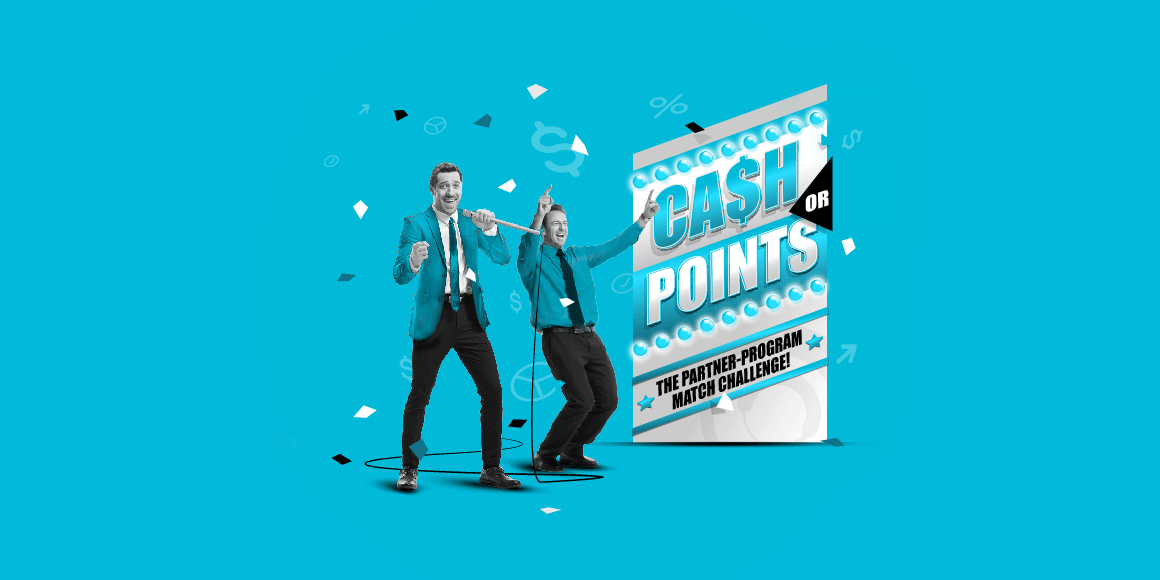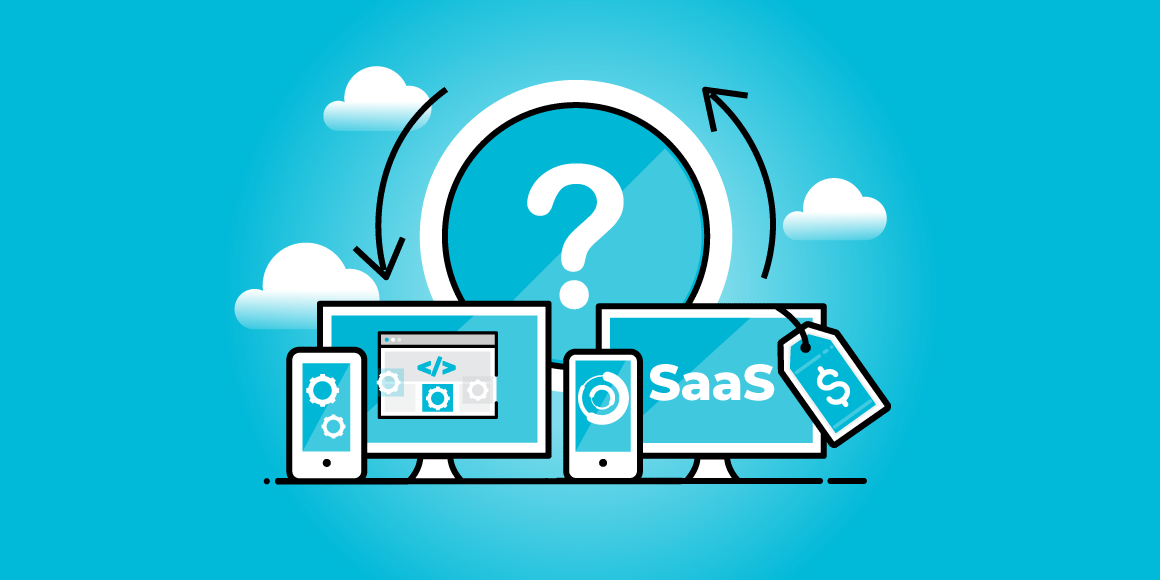SPIFFs versus points-based rewards programs; Which one works best.
SPIFF programs have been the traditional means of incenting reseller sales representatives to sell your products and services. Points-based rewards programs reward individuals as well but are different from a traditional SPIFF in that rather than simply rewarding for sales, they can target a variety of activities with lower value rewards that incent various “soft” behaviors that contribute to overall sales success, like completing training or updating lead status.
SPIFFs and points-based rewards programs are two prevalent yet distinct approaches to creating a successful channel partner rewards program, which is crucial for fostering strong relationships with your business partners and driving mutual growth.
SPIFF Programs
A SPIFF program, short for "Sales Performance Incentive Fund," is a transactional incentive program designed to motivate partner sales teams and channel partners. It operates on a simple principle: offering immediate cash rewards or bonuses motivates specific sales goals or behaviors.
SPIFFS help create a spike in sales, while rewarding sales reps and supplementing the partner’s compensation plan. They are often used to promote the sale of specific products, boost performance during a particular period, or encourage certain sales behaviors. For example, a company might use a SPIFF incentive to drive specific SKUs during a specific period, like during product introductions and/or product bundling for a specific application.
The bulk of effort in running a successful SPIF program is typically focused on generating awareness of the program and securing participation from the reseller sales representatives.
Points-based Channel Programs
A points-based channel partner rewards program is a behavioral incentive program directed at the partner individual level, designed with a more comprehensive and structured approach to incenting partners. Partner individuals earn points for various actions, such as demand generation, lead management, training participation, or marketing accreditation as well as sales achievements efforts. These points accumulate over time and can be redeemed for a wide range of rewards, including cash, merchandise, travel, or even exclusive experiences.
Points-based rewards programs are especially beneficial for motivating individuals who are not necessarily sales-focused but still play a vital role in the sales cycle (e.g., sales engineers, pre-sales, demand generation, subject matter experts, etc.). Remember, successful companies are rewarding behaviors that lead to sales, not just the sales themselves. These programs are flexible and appeal to a wide range of participants. Plus, vendors can align them to channel objectives or strategy by adapting point weighting.
Comparing the Two
Now that we have a basic understanding of both SPIFF and points-based programs, let's look at how they compare:
Incentive Structure
SPIFF program: Offers immediate rewards in the form of cash or bonuses. Sales teams are incentivized to focus on specific products or actions for quick financial gain.
Points-based program: Offers a more gradual approach to incentives, where points accumulate over time and can lead to more significant rewards in the long run.
Customization
SPIFF program: Easier to tailor for short-term promotions or product launches, as the incentives are straightforward.
Points-based program: Offers more flexibility for customization, as it can encompass various partner activities throughout the partner life cycle and/or long-term goals.
Sustainability
SPIFF program: Effective for short-term sales boosts but may not provide sustained motivation or engagement.
Points-based program: Encourages ongoing engagement and loyalty, as partners can see their points accumulate over time.
Tracking and Analytics
SPIFF program: Easier to track and measure, as rewards are tied to specific actions or sales SKUs.
Points-based program: Requires more sophisticated tracking systems to monitor partner activities, behaviors, and/or transactions to award points accurately.
Cost Management
SPIFF program: Costs are more predictable, as you know exactly how much you'll pay for each SPIFF.
Points-based program: Costs can be variable and may increase as partners accumulate more points and redeem higher-value rewards.
Partner Diversity
SPIFF program: May work well with front-line sales-focused partners but does not engage other stakeholders contributing to the sales process, especially influencers and referral partners.
Points-based program: Can engage a broader spectrum of partner personas, including marketing, training, and support teams.
Long-term Growth
SPIFF program: Effective for short-term goals and promotions but may not contribute significantly to long-term partner relationship building.
Points-based program: Fosters long-term growth and partnerships by continuously rewarding partners for their contributions.
Choosing the Right Program for Your Business
Selecting the right program depends on your business goals, partner ecosystem, and resources. Here are some considerations to help you decide:
- Short term versus long term goals: If you have specific short-term targets, a SPIFF program may be more suitable. For long-term partner engagement and growth, a points-based program is a better choice.
- Partner diversity: If your partners include not only sales teams but also marketing, support, and other functions, a points-based program can engage them all effectively.
- Resource allocation: Consider your budget and resources. SPIFFs may be more cost-effective for short-term campaigns, while points-based programs require more substantial investments but yield long-term benefits.
- Tracking and analytics: Assess your ability to track partner activities and rewards accurately. A points-based program requires more sophisticated tracking mechanisms.
- Alignment with brand values: Consider how each program aligns with your brand values and partner relationships. A points-based program may demonstrate a commitment to sustained partnerships, while SPIFFs can indicate a focus on short-term results.
Ultimately, both SPIFF and points-based B2B partner rewards programs have their merits, and the choice depends on your specific business needs and objectives. A SPIFF program can provide immediate motivation and drive short-term sales goals, while a points-based program offers long-term engagement, loyalty, and diverse partner participation.
A unified approach to incentives builds deeper relationships with target partners, a must for effective complex services and solution selling. Moreover, an integrated approach also enables vendors to align their global strategy across multiple regions while still allowing enough flexibility for local implementation.
To make an informed decision, carefully assess your partner ecosystem, resources, and desired outcomes to determine which program will best support your B2B relationships and overall business growth. Check out these resources and chat with a member of our team today!






%20copy%205.png)